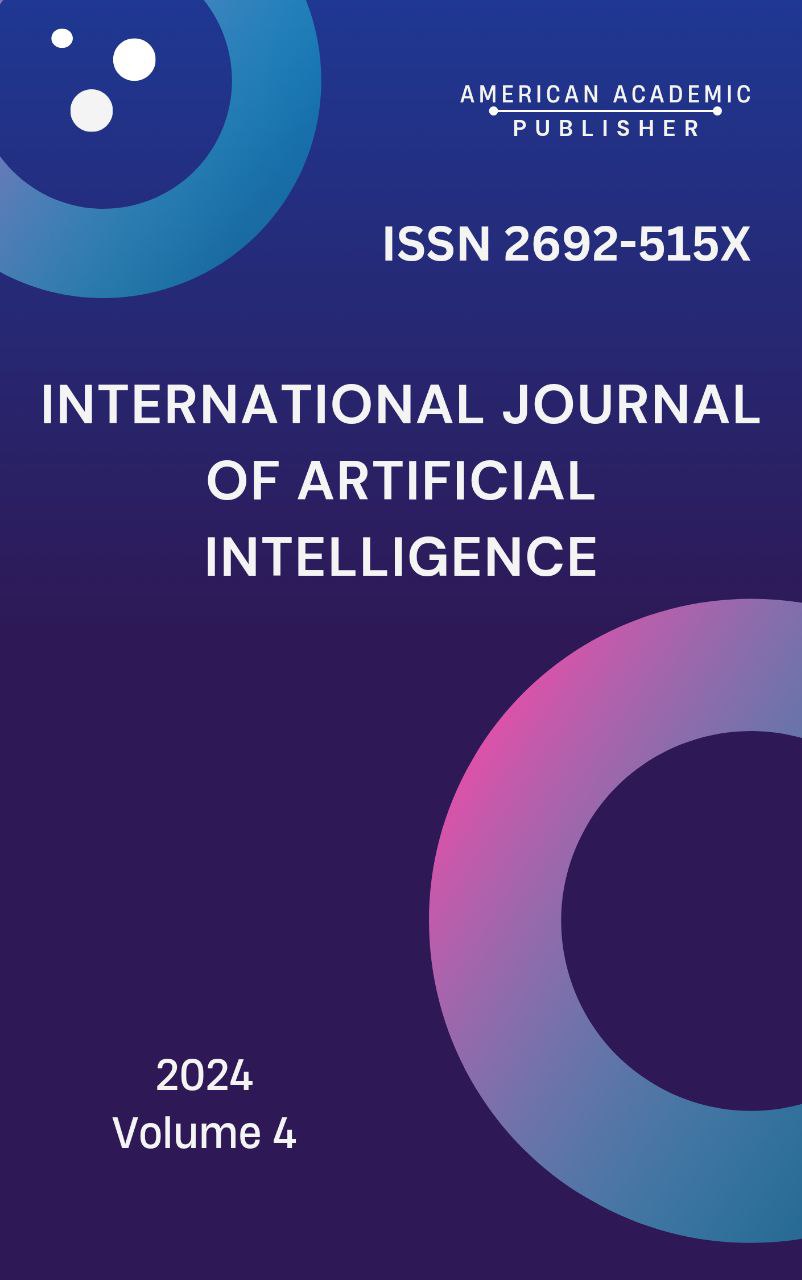 Articles
| Open Access |
Articles
| Open Access | CONCEPTUAL METAPHOR THEORY: EXPLORING THE ROLE OF METAPHOR IN CONCEPTUALIZING
Bekpulatova Maxbuba Bekpulatovna,Narzullaeva Dilnoza Sanatovna , Samarkand State Institute of Foreign Languages, associate professor in Samarqand state institute of foreign languagesAbstract
This article explores the Conceptual Metaphor Theory (CMT) and its significance in the process of conceptualizing abstract concepts through metaphors. Developed by George Lakoff and Mark Johnson in the 1980s, CMT revolutionized the understanding of how metaphors shape human thought, cognition, and language. The article delves into how metaphors are not only linguistic expressions but fundamental to how we conceptualize our world. By examining modern studies and theoretical frameworks, the paper discusses the cognitive and psychological roles of metaphors in shaping abstract ideas such as time, emotions, and social relationships. Furthermore, the paper looks into the implications of CMT in diverse fields such as linguistics, psychology, and cultural studies, and how metaphors influence both individual and collective cognition.
Keywords
Conceptual Metaphor Theory, abstract concepts, metaphor, cognition, language, cognitive science, psychology, human thought, language and thought.
References
Lakoff, G., & Johnson, M. (1980). Metaphors We Live By. University of Chicago Press.
Lakoff, G. (1993). The Contemporary Theory of Metaphor. In A. Ortony (Ed.), Metaphor and Thought (2nd ed., pp. 202-251). Cambridge University Press.
Kövecses, Z. (2002). Metaphor: A Practical Introduction. Oxford University Press.
Johnson, M. (1987). The Body in the Mind: The Bodily Basis of Meaning, Imagination, and Reason. University of Chicago Press.
Gibbs, R. W. (1994). The Poetics of Mind: Figurative Thought, Language, and Understanding. Cambridge University Press.
Fauconnier, G., & Turner, M. (2002). The Way We Think: Conceptual Blending and the Mind’s Hidden Complexities. Basic Books.
Cienki, A. (2005). Metaphor in Cognitive Linguistics: The State of the Art. In K. Y. K. P. M. M. & B. L. (Eds.), Proceedings of the Fifth International Cognitive Linguistics Conference (pp. 95-129). John Benjamins Publishing.
Article Statistics
Downloads
Copyright License

This work is licensed under a Creative Commons Attribution 4.0 International License.

